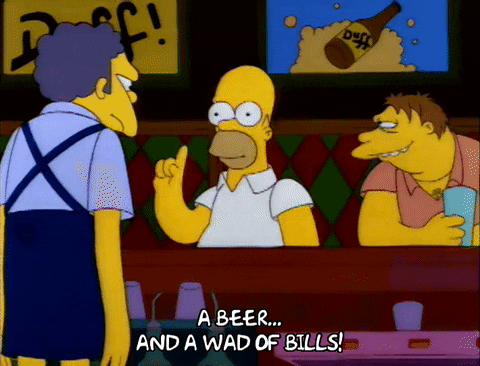It’s a good thing Canadians are cutting back on their booze consumption because that happy hour cocktail or weekend case of beer is about to get pricier.
Driving the news: The federal government’s annual excise tax on alcohol increases on April 1, and this year it’s a whopping 6.3%—the highest increase ever.
-
Canada already has the highest tax rate for alcohol among G7 countries, and most of the price Canadians pay for alcohol goes towards taxes—50% for beer, 65% for wine and 75% for spirits.
- The government generated over $13 billion from alcohol sales taxes from April 2021 to March 2022.
Why it’s happening: Since 2017, the feds have levied an “escalator tax” on alcohol. As inflation rises, so does the tax associated with boozy beverages.
Yes, but: New health guidelines around alcohol consumption and the year-over-year price increase could be driving Canadians to buy less booze already—sales hit their lowest point in a decade last year.
- While beer sales fell 2.8% and wine fell 4% from 2021 to 2022, cooler and cider sales rose 13.5%.
- But overall sales fell 1.2%, the first decline since 2014.
Why it matters: Alcohol is a massive industry in Canada employing thousands of people who work in breweries, distilleries, retail outlets, and bars and restaurants—some analysts worry this year’s large tax hike could make it harder to do business here, especially with costs rising elsewhere at the same time.
- “With higher taxes, many companies will flee Canada, eliminating options and reducing competition, thus pushing prices even higher,” wrote Dr. Sylvain Charlesbois, a food policy professor.
Bottom line: Sure, alcohol taxes help to fund things like roads, schools and hospitals—but a 6.3% tax hike is no one’s idea of a good time.
